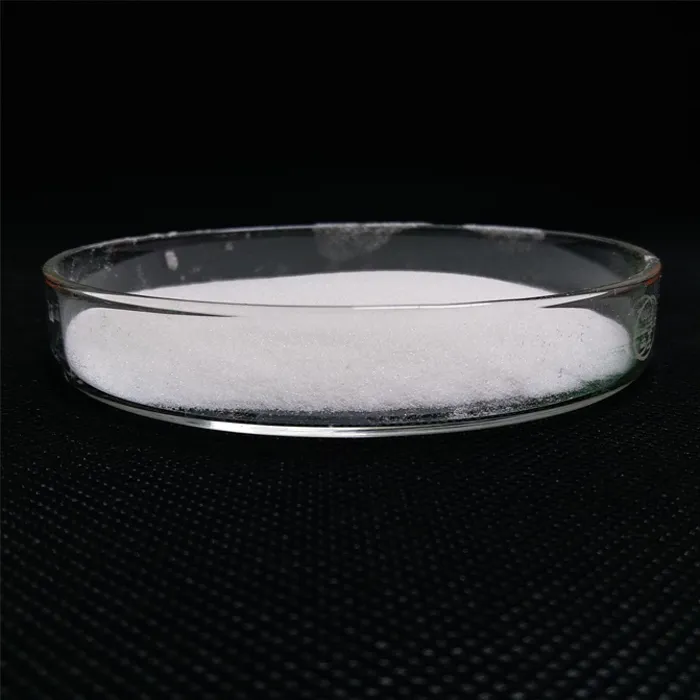Hydrazine Boiler Water Treatment A Comprehensive Overview
Boiler water treatment is a crucial process that ensures the efficient operation and longevity of steam boilers. Among the various chemicals used for this purpose, hydrazine plays a significant role due to its unique properties. In this article, we will explore the use of hydrazine in boiler water treatment, its benefits, and important considerations for its application.
Understanding Hydrazine
Hydrazine (N2H4) is a colorless, flammable liquid that is used primarily as a reducing agent in various industrial processes. In the context of boiler water treatment, hydrazine serves several vital functions, particularly as an oxygen scavenger. Its chemical structure allows it to react with dissolved oxygen in boiler water, effectively preventing corrosion—a common issue that arises from the presence of oxygen.
The Role of Hydrazine in Boiler Systems
Boiler systems are susceptible to corrosion, especially in the presence of oxygen and other corrosive agents. When oxygen interacts with the metal components of the boiler, it can lead to the formation of rust and other degradation products, which can severely affect efficiency and lead to costly repairs. Hydrazine mitigates this risk by reacting with dissolved oxygen to form nitrogen and water
\[ \text{N2H4} + \text{O2} \rightarrow \text{N2} + 2\text{H2O} \]
By removing oxygen from the boiler water, hydrazine helps maintain the integrity of the boiler system, thereby extending its operational lifespan and enhancing efficiency.
Benefits of Using Hydrazine
1. Effective Corrosion Control As mentioned, one of the primary benefits of hydrazine is its ability to control corrosion. By eliminating oxygen, it prevents common oxidative damages and prolongs the life of boiler components.
2. Temperature Stability Hydrazine remains effective at elevated temperatures, making it suitable for high-pressure boiler systems. Its thermal stability allows it to function efficiently under the rigorous conditions typical of industrial boilers.
hydrazine boiler water treatment

3. Compatibility Hydrazine is generally compatible with various boiler water treatment programs. It can be employed with other oxygen scavengers and chemicals, providing flexibility in treatment plans.
4. Economic Advantage By preventing corrosion-related damages, hydrazine can lead to significant cost savings in maintenance and operation. Extended equipment lifespan and reduced downtime contribute to economic efficiency.
Application Guidelines
While hydrazine offers numerous benefits, it is essential to handle and use it correctly. Here are some key considerations for its application in boiler water treatment
1. Dosage Control The effectiveness of hydrazine depends on the correct dosage. It is crucial to monitor the concentration of hydrazine in the boiler water to ensure it remains within the recommended levels. Overdosing can lead to environmental concerns, while underdosing may not adequately control corrosion.
2. Safety Precautions Hydrazine is a hazardous substance; therefore, proper safety measures must be taken during handling and storage. Operators should use personal protective equipment (PPE) such as gloves and goggles, and ensure adequate ventilation in work areas.
3. Regular Monitoring Continuous monitoring of water quality parameters, including pH, dissolved oxygen, and hydrazine concentration, is essential to maintain optimal boiler operation. This proactive approach allows for timely adjustments in treatment, ensuring sustained effectiveness.
4. Environmental Considerations The use of hydrazine must align with environmental regulations to prevent contamination of water systems. Alternative oxygen scavengers with lower environmental impact may be considered in specific applications.
Conclusion
Hydrazine's role as an oxygen scavenger in boiler water treatment cannot be overstated. Its ability to prevent corrosion significantly enhances the efficiency and lifespan of boiler systems. However, the successful application of hydrazine requires careful consideration of dosage, safety, and environmental impact. By following best practices and implementing effective monitoring protocols, industries can harness the benefits of hydrazine while ensuring safe and sustainable operations.
In conclusion, hydrazine is a powerful tool in the arsenal of boiler water treatment chemicals, providing significant advantages in corrosion control and system efficiency. As industries continue to seek ways to optimize their operations, understanding and effectively utilizing hydrazine in boiler systems will remain a critical area of focus.

